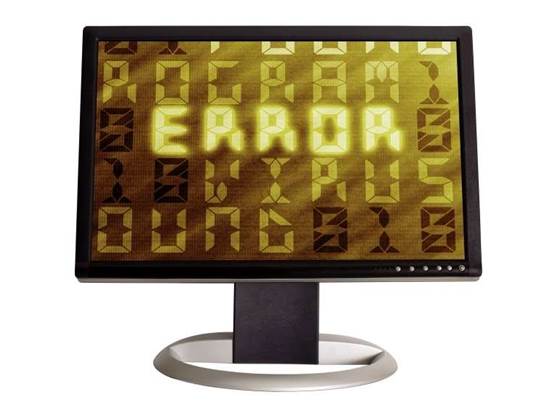One in ten customers of superannuation provider UniSuper are likely to be denied online access to their information in the coming months as the company works through errors in its member records.

The fund has identified errors in 10 percent of its accounts. One quarter of the errors involved amounts greater than $20, and seven percent involved more than $1,000.
UniSuper announced its "administration and processing issues" in April, and the fund had said it expected to fix most errors before the end of June 2010.
But in a letter to members at the close of the 2009/10 financial year, chief executive Terry McCredden said the issue could take until the end of 2011 to resolve.
He said the inaccuracies were identified "over recent years", and previous member statements may also have contained inaccurate information.
A dedicated, in-house project team had been established in 2009 "to investigate member account issues and to improve the level of accuracy in member records", he wrote.
UniSuper's Executive Manager of Member and Employer Solutions, Chris Davies, told iTnews that errors were first identified in 2008 after the company introduced a new administration system, Acurity, in 2006.
Besides investigating and correcting inaccuracies, Davies said the project team also aimed to "make far-reaching improments to business operations, and to reduce the cost of administration and member services".
"We want to put in place processes that will serve the fund and its members well over the long term and it takes time to do this properly," he said. "We anticipate the project will conclude at the end of 2011 and have been informing all affected members since the project began."
In accordance with an Errors Rectification Policy published by the company on 20 August 2009, UniSuper could seek to rectify discrepancies by deducting or crediting the amount to current members' accounts.
Members would be advised individually of any changes of more than $20, while others would be notified in their regular statements.
UniSuper planned to temporarily restrict access to financial information online for some affected members, and withhold six-monthly statements for affected accounts.


_(23).jpg&h=140&w=231&c=1&s=0)

_(28).jpg&h=140&w=231&c=1&s=0)
.png&h=140&w=231&c=1&s=0)





 iTnews Executive Retreat - Security Leaders Edition
iTnews Executive Retreat - Security Leaders Edition
 iTnews Benchmark Awards 2026
iTnews Benchmark Awards 2026
 iTnews Cloud Covered Breakfast Summit
iTnews Cloud Covered Breakfast Summit
 The 2026 iAwards
The 2026 iAwards












_(1).jpg&h=140&w=231&c=1&s=0)



